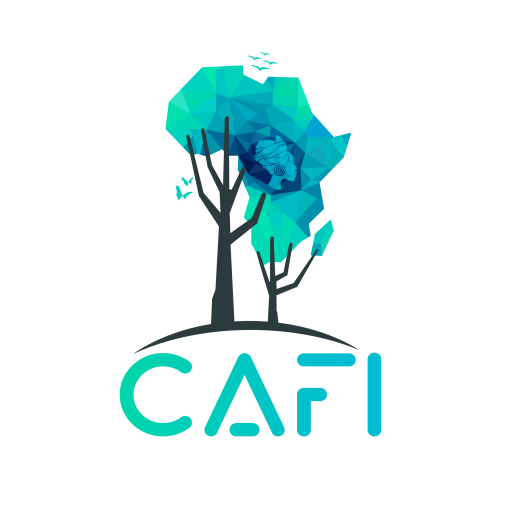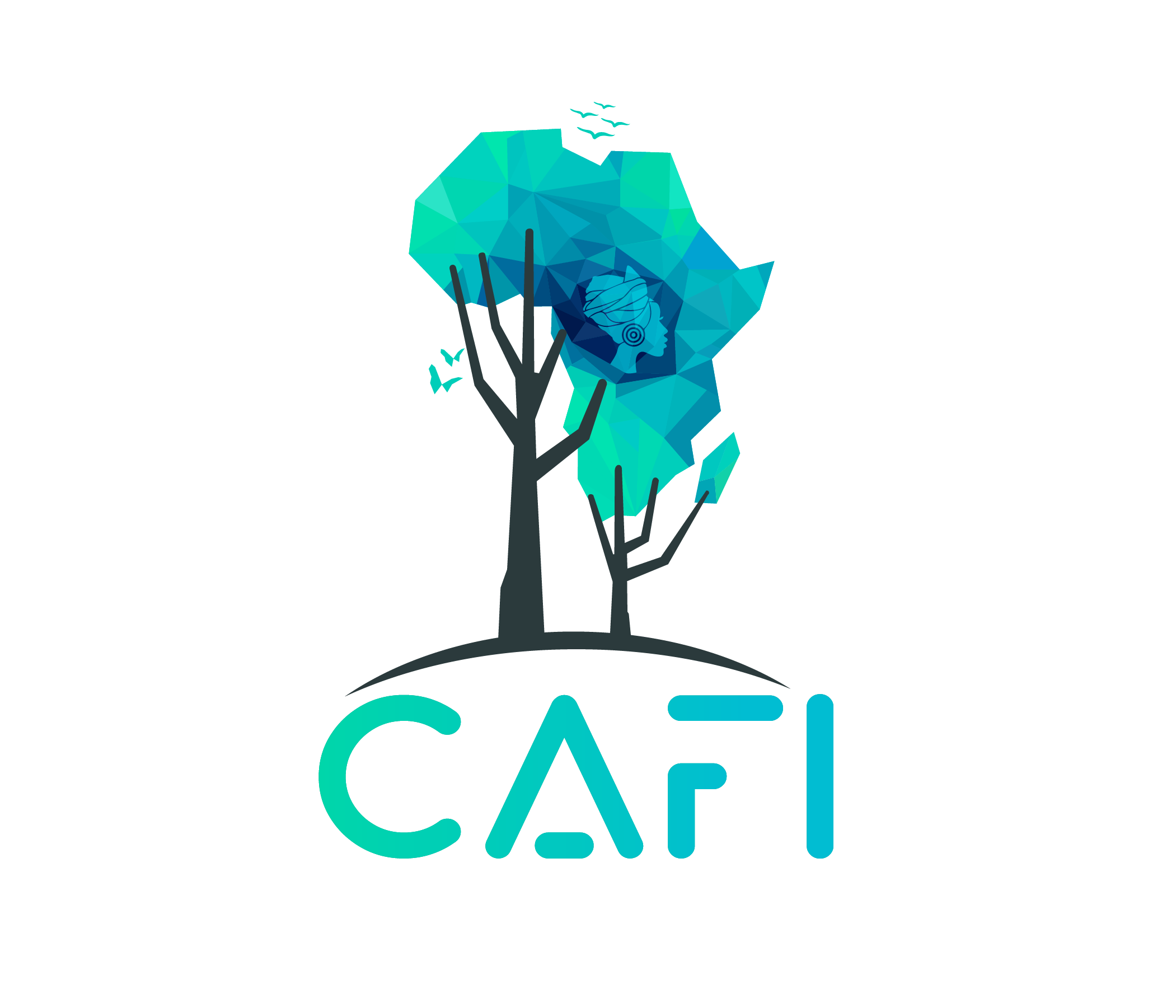Competitiveness, sustainability, integrated land management, food security, social & gender equity at the heart of the National REDD+ Investment Plan
Equatorial Guinea is one of the few countries in the world that is practically entirely covered by forests.
While it has maintained relatively low deforestation rates over the past decades (0.2% per year), it is estimated that 42 244 hectares of forests, or 1.7% of forests were degraded over the 2016-2022 period, marking a sharp increase from the 2004-2014 period. Also, 62,117 hectares have been lost in the same period. Please click here for deforestation and degradation extent and trends in Equatorial Guinea.
With the discovery and exploitation of oil reserves in the 1990s and 2000s, Equatorial Guinea enjoyed one of the fastest economic growth rates in the world, that, notably, allowed the country to develop its infrastructure. Yet with decline in oil prices, the country has experienced a sharp economic recession since 2015, and now seeks to diversify its economy away from oil. While timber exports only represent 2% of the GDP in 2018, Equatorial Guinea is one of the most important African exporters of timber to China, especially oukoumé.
By signing the CAFI Declaration, Equatorial Guinea entered into its partnership with CAFI in 2016, and received shortly after a preparatory grant to support the background studies and the development of the National REDD+ Strategy and Investment Plan.
The vision of Equatorial Guinea for its forests, carried forward by the Ministry of Finance, Economy and Planning together with the Ministry of Agriculture, Forests, Livestock and Environment, is now rooted in its National REDD+ Strategy : it seeks “to contribute to the global fight against climate change and to the development of the country to achieve the well-being of the people of Equatorial Guinea through REDD+, with an approach based on competitiveness, sustainability, integrated land management, food security, and social and gender equity”.
Structured around four sectors and four cross-cutting issues, the REDD+ Strategy aims to reduce greenhouse gas emissions by 20% by 2030; maintain the current forest cover of 86,4%; and reduce the annual forest degradation rate to 0.45%.
million hectares of forests
tCO2 released from forests every year
%
of forest cover
dollars in CAFI funding
thousand cubic meters of timber exported in 2019
%


